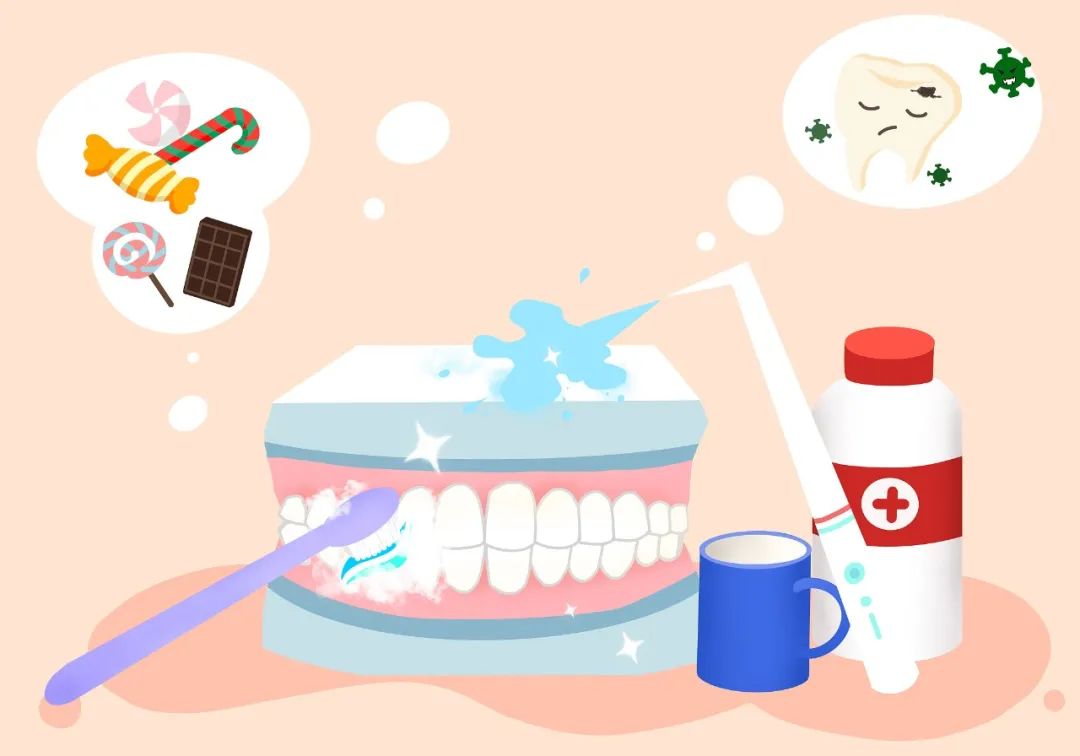Flu Season is Coming, Everything about Vaccinations for Children
2023-09-22
Share
PARKWAY 百汇医疗 Vaccinating your baby is necessary to protect your child against severe diseases. Doing this not only protects your little one but other children as well. 1 What are vaccines? 2 How does immunity work? 3 What are vaccines made of? 4 What do vaccines protect against? Other diseases that can be prevented by vaccinations include: Pneumococcal Disease Rotavirus Enterovirus 71 Influenza Human Papillomavirus Do consult your pediatrician to find out more. 5 Side effects of vaccines Fever Muscle aches Soreness and redness near the injection site Rarely, serious adverse effects like allergic reactions may occur. Do consult your doctor first if your child has a weak or suppressed immune system, or if there is a family or personal history of vaccine reactions. 6 How do I care for my child after the vaccination? If your child experiences mild vaccine reactions such as pain at the injection site, a rash, or a fever; here are some steps you can take at home: Give your child a cool sponge bath to reduce any fever. Antipyretics like paracetamol can also be given (after approval by your child's doctor); Ensure your child stays hydrated with lots of fluids; Use a cool, wet cloth to reduce any redness and swelling at the injection site. Discuss more with your child's doctor regarding the specific side-effects for each vaccine. Call your doctor if you notice anything unusual with your child. Article reviewed by Dr. Branny Jiang, Pediatrician of Parkway.

















